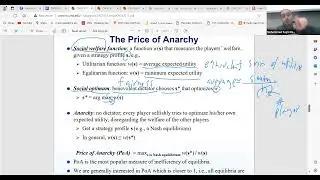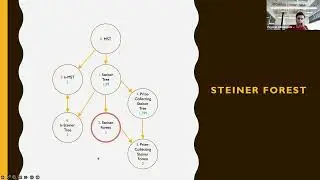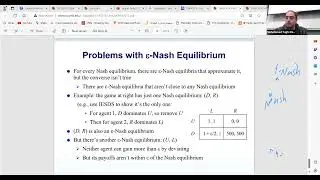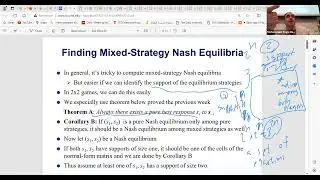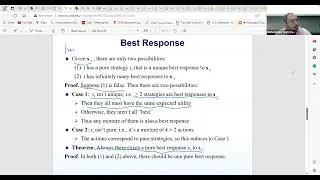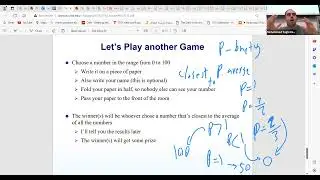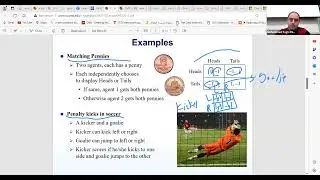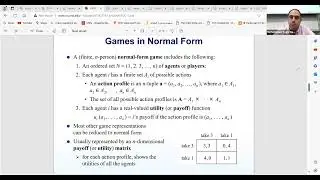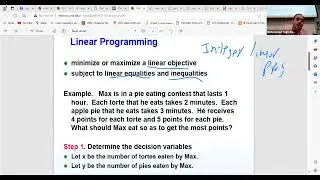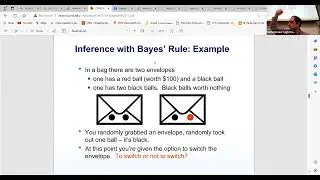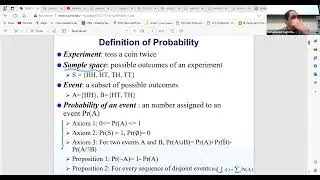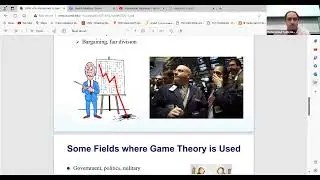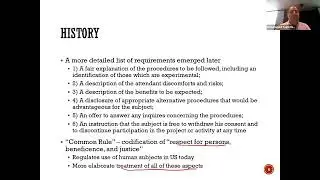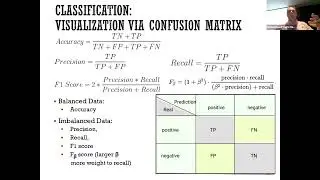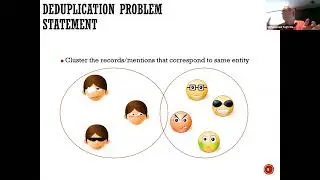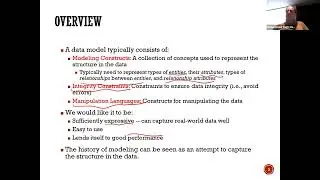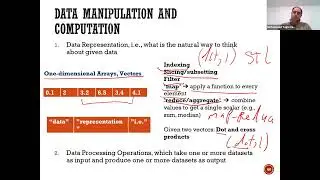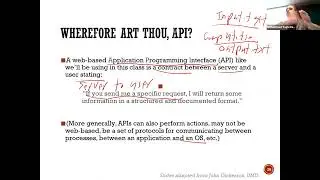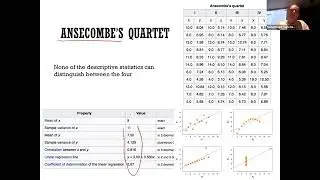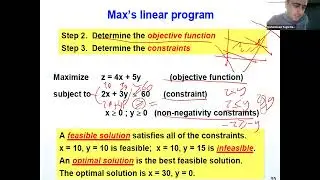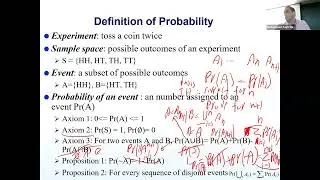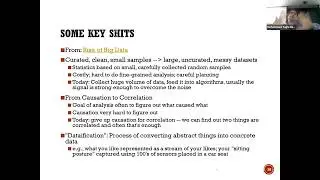Lesson 22: Algorithmic Lower Bounds by Mohammad Hajiaghayi: Fixed-Parameter Algorithm Lower Bounds 2
In this session we continue talking about parameterized complexity and fixed-parameter algorithms and hardness. The topic shifts to vertex cover, discussing both fixed parameter algorithms and hardness, along with kernelization. A specific problem, multicolor clique, is explored, where the objective is to find a clique containing one vertex from each color. The instructor demonstrates how to model the problem and discusses its importance.
Next, attention turns to a parameterized reduction from multicolored independent set to dominating set. Dominating set is defined as a set of vertices in a graph such that each vertex is either in the set or adjacent to a vertex in the set. The instructor illustrates the reduction process and highlights its significance in relation to parameterized complexity. The session delves into computational assumptions, including the exponential time hypothesis, and their implications for problem-solving strategies.
Concluding the session, the instructor summarizes key findings regarding hardness results for vertex cover, independent set, and dominating set problems. ETH, a computational conjecture, is discussed, indicating the limitations on algorithmic efficiency for these problems under certain assumptions.
#FixedParameterAlgorithms, #AlgorithmicGoals, #MulticoloredClique, #VertexCover, #ParameterizedReduction, #DominatingSet, #Hardness, #PolynomialTime, #ParameterizedProblems, #ComputationalAssumptions, #ExponentialTimeHypothesis, #complexity, #ComplexityTheory, #Integers, #SubsetDivision, #Foundations, #Scheduling, #MathematicalChallenges, #AlgorithmDesign, #ComputationalComplexity, #TheoreticalComputerScience, #AlgorithmicLowerBounds
All handwritten lecture notes for this course are available through the website of the instructor
at http://www.cs.umd.edu/~hajiagha/ALB19... (Just click on the "Algorithmic Lower Bounds: Fun with Hardness Proofs" course from the website).
The BOOK for the course entitled "Computational Intractability: A Guide to Algorithmic Lower Bounds" by Demaine, Gasarch, and Hajiaghayi is freely available at https://hardness.mit.edu/








